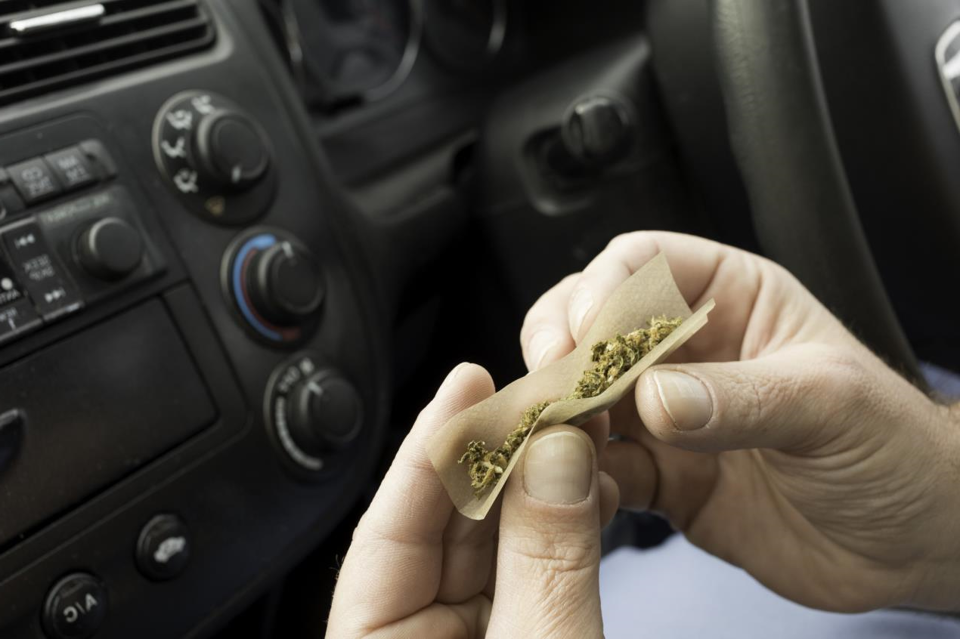More than one-in-four young drivers have driven under the influence of illegal drugs or been a passenger where the driver has taken illegal drugs, within the 24-hour period beforehand, new research suggests.
Furthermore, the survey - conducted by road safety charity IAM RoadSmart - found almost a third (32%) of young drivers (up to the age of 24) believe it’s more common to drive under the influence of illegal drugs than drink driving.
More positively, more than two-thirds (69%), of some 2,000-plus young drivers surveyed, would likely stop others under the influence from driving.
However, almost a fifth (19%) said that they were unlikely to stop a family member or friend who was planning to drive while under the influence of illegal drugs.
Data published by the Department for Transport (DfT) revealed 2,500 casualties were in relation to drug-driving in 2021, a 260% increase since 2012.
Meanwhile, Ministry of Justice statistics show that convictions for driving a motor vehicle under the influence of drink or drugs overall has increased from 41,457 in 2014 to 58,117 in 2022 – a rise of 40% even at a time of declining full-time dedicated roads police officers.
IAM RoadSmart’s most recent annual Safety Culture Report showed that motorists of all ages consider drink and drug drivers as one of the biggest risks to their personal safety.
Nicholas Lyes, director of policy and standards at IAM RoadSmart, said: “IAM RoadSmart’s research clearly shows there is a shocking level of illegal drug-driving going on among younger drivers which risks not only their lives but the lives of all road users.
“Worryingly, almost a fifth of younger drivers would be unlikely to stop a friend or relative from driving under the influence of illegal drugs so it’s clear more needs to be done to educate drivers of the dangers, and a robust plan from Government is urgently needed on how they plan to stamp out this issue.”
He continued: “One thing the Government may wish to look at is developing a separate strategy to drink-driving for drug-driving alone.
“Alongside this, we need more police officers conducting roadside drug-tests as well as looking at offering drug-driving rehabilitation courses, much like we do for those convicted of drink-driving.”





















Login to comment
Comments
No comments have been made yet.